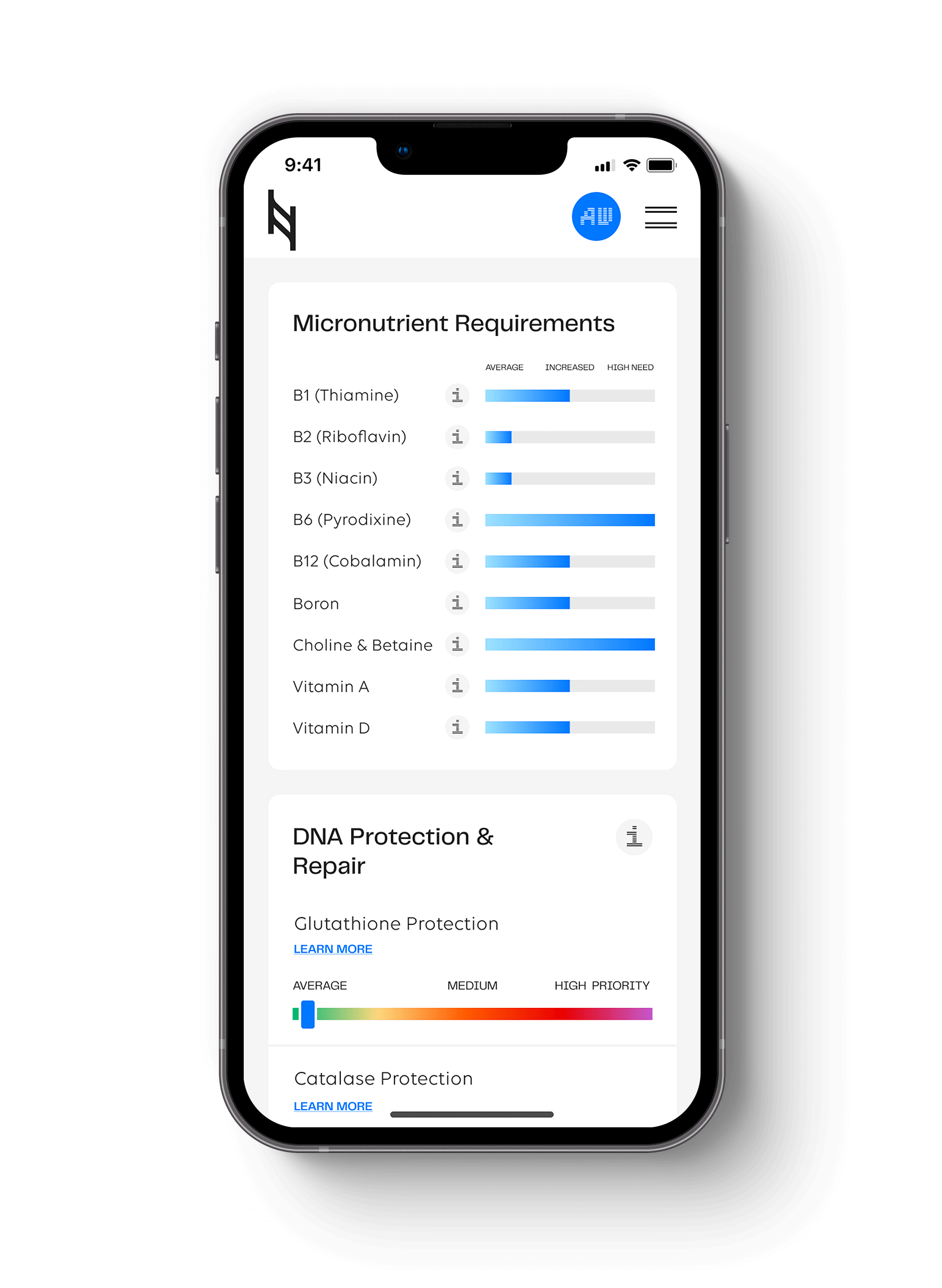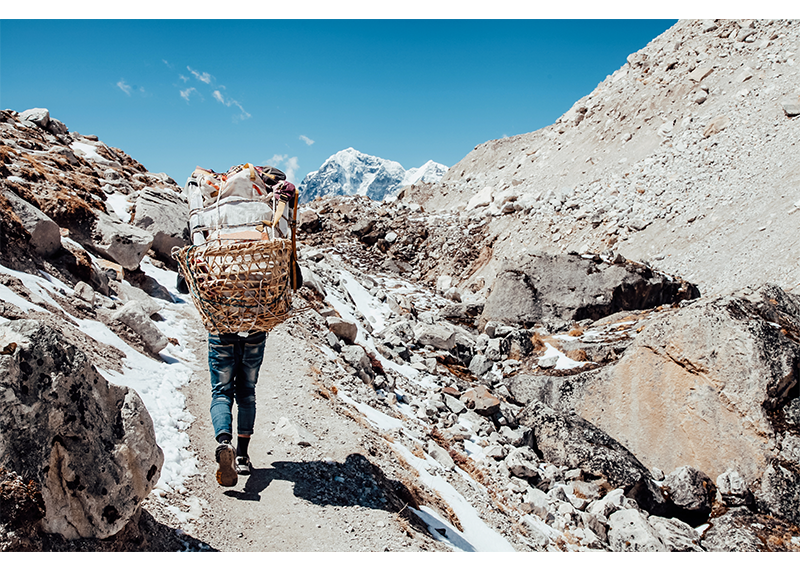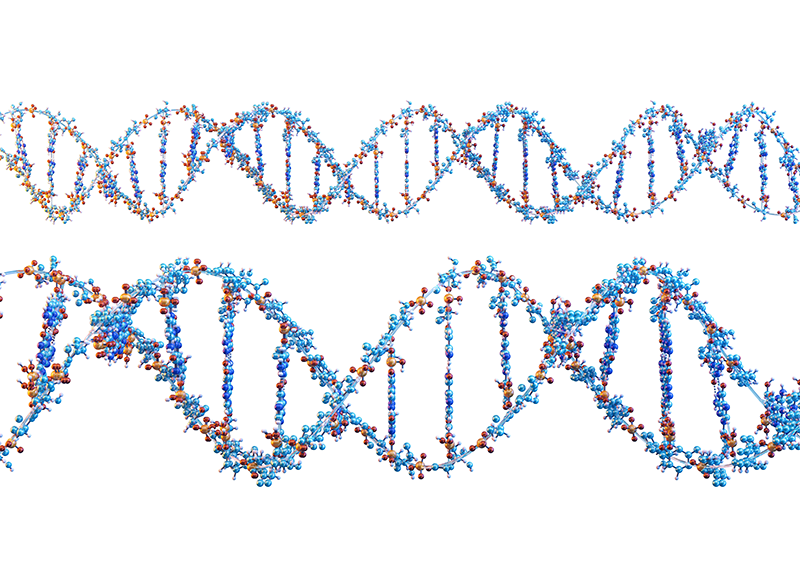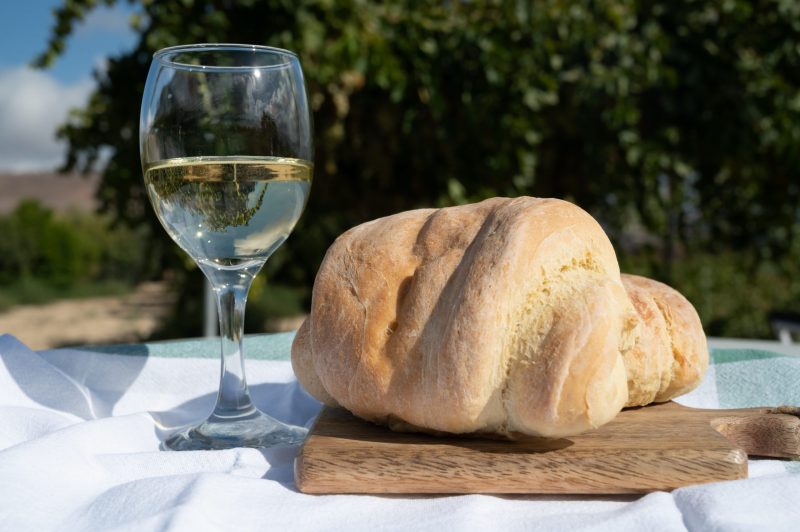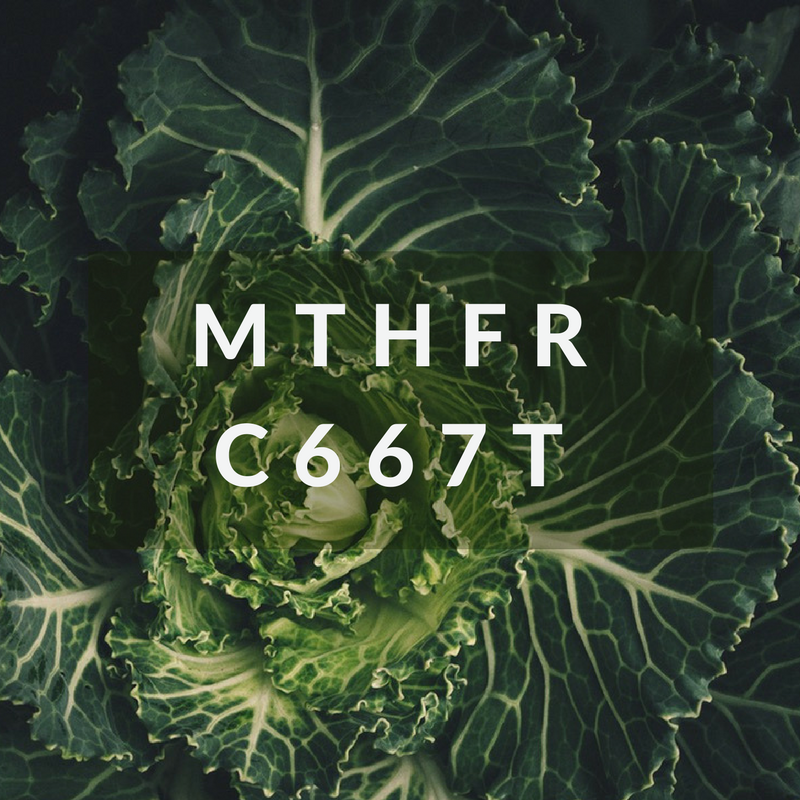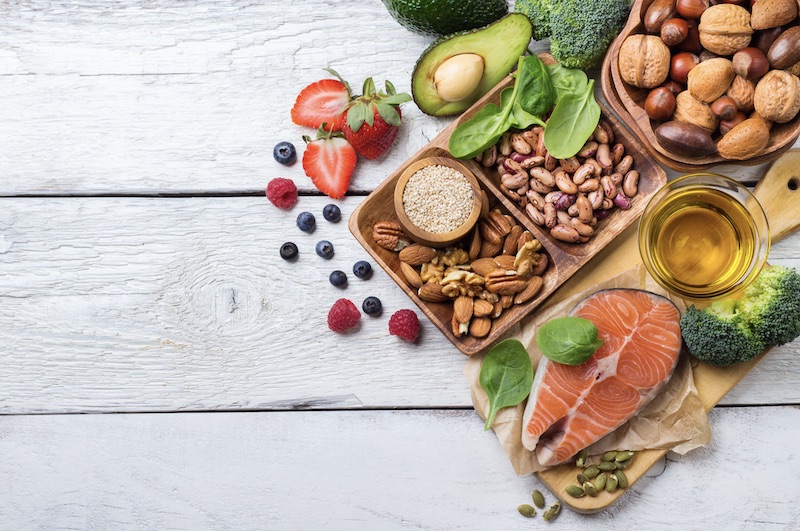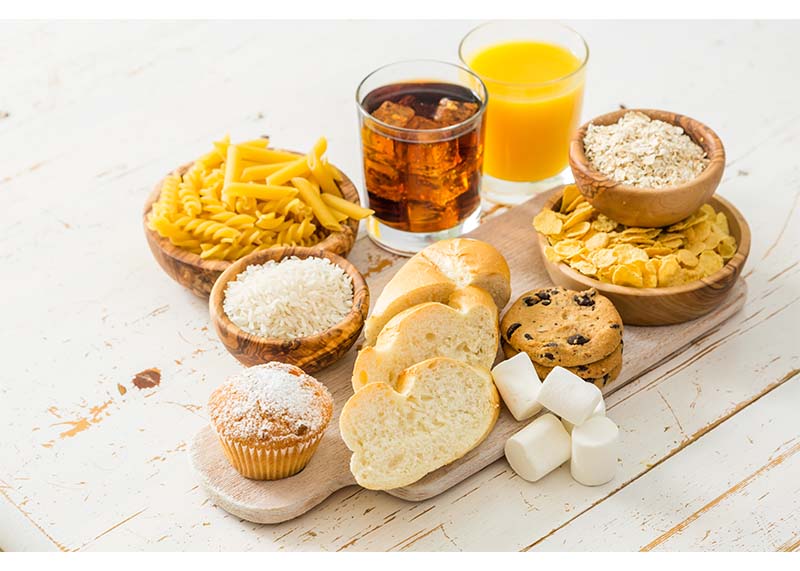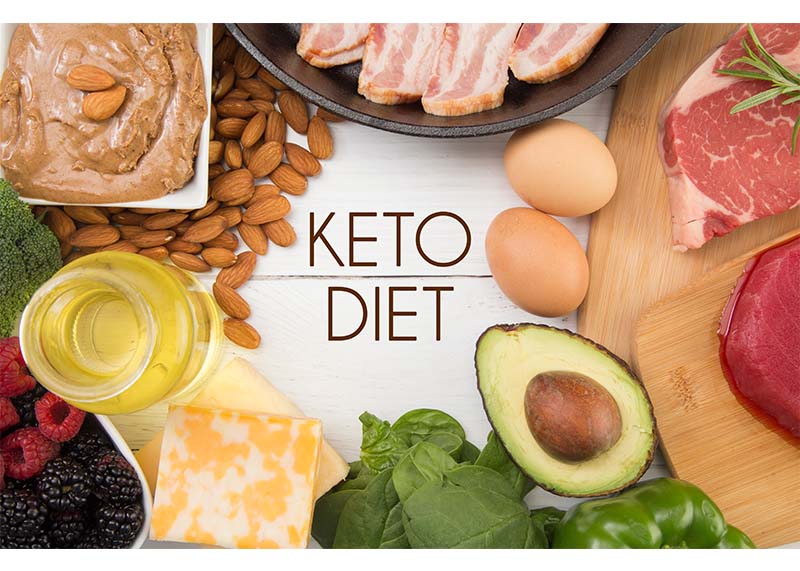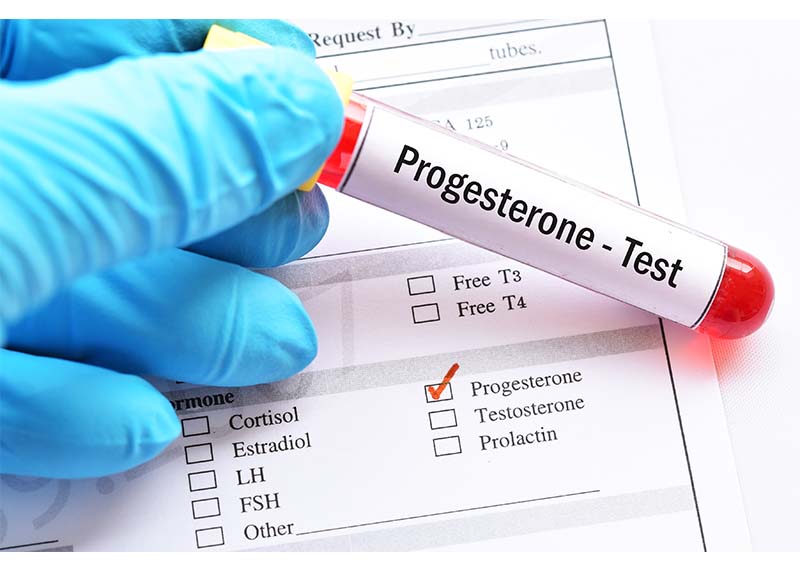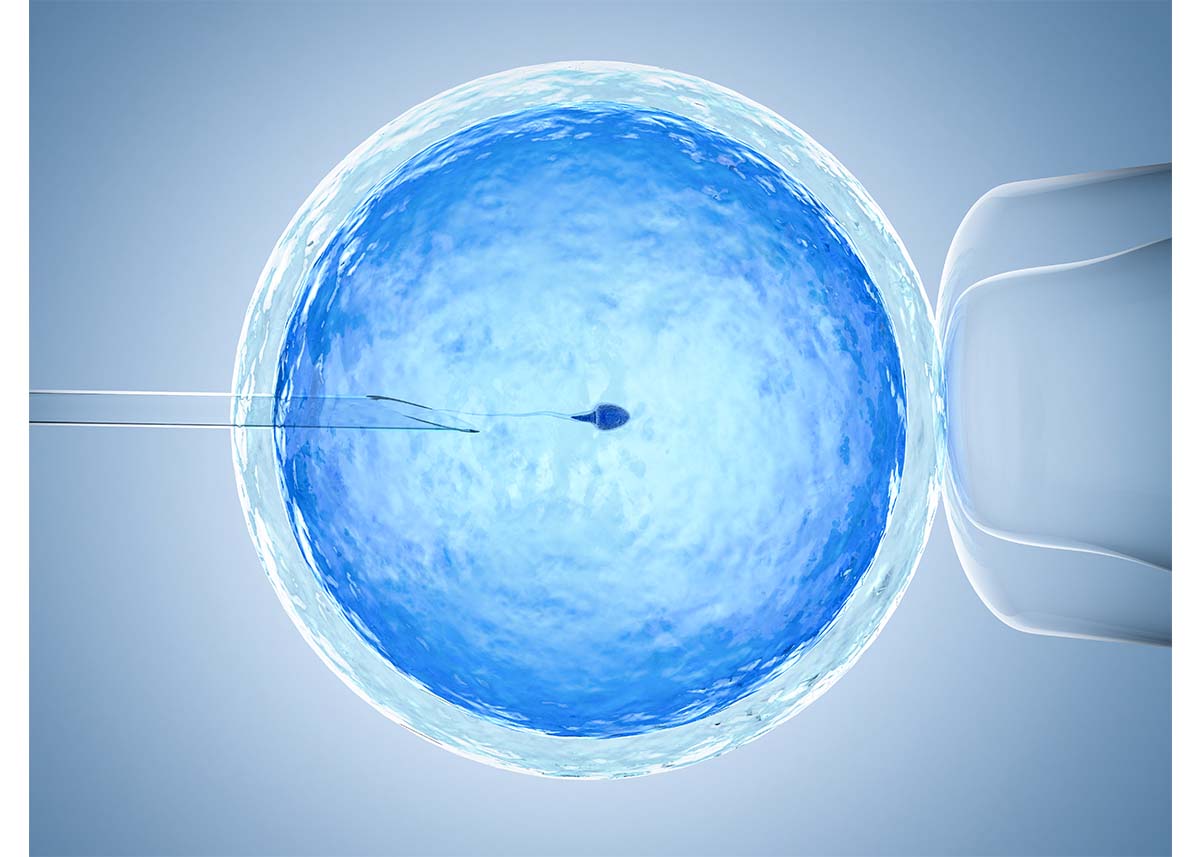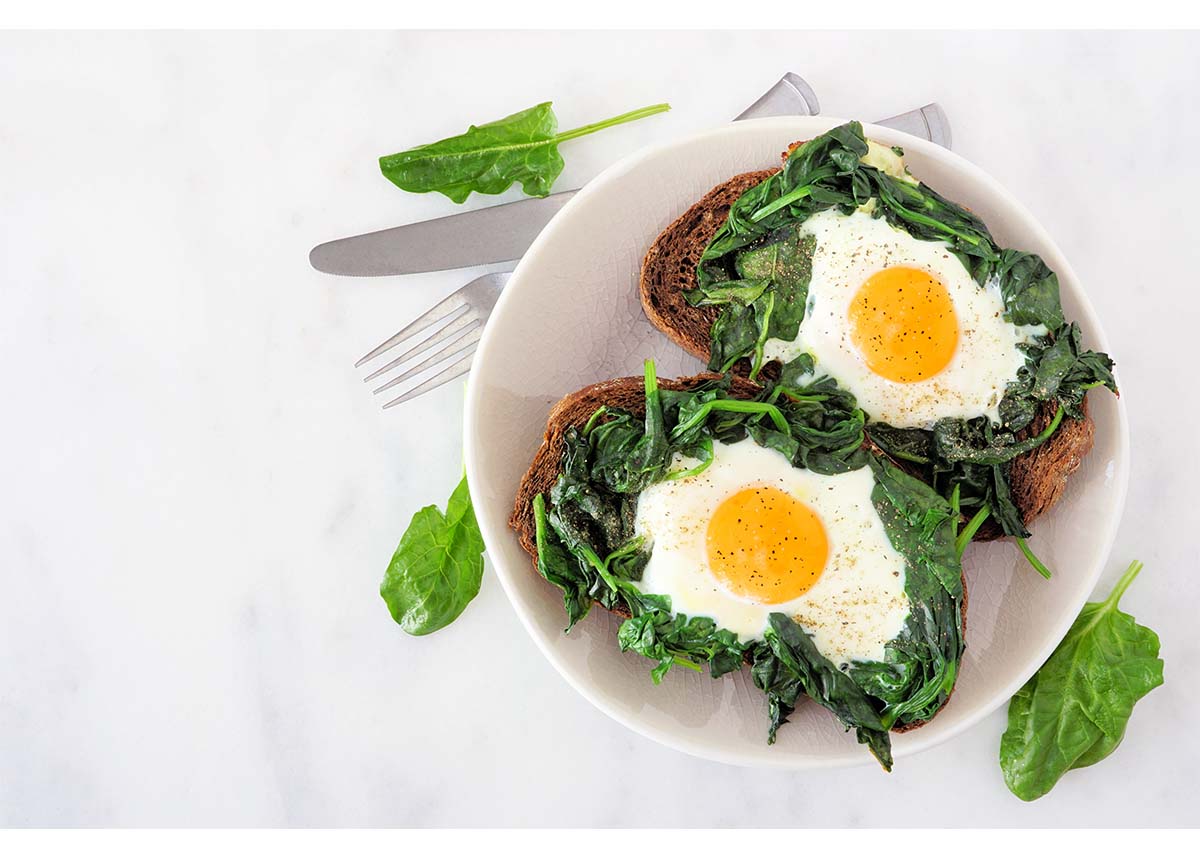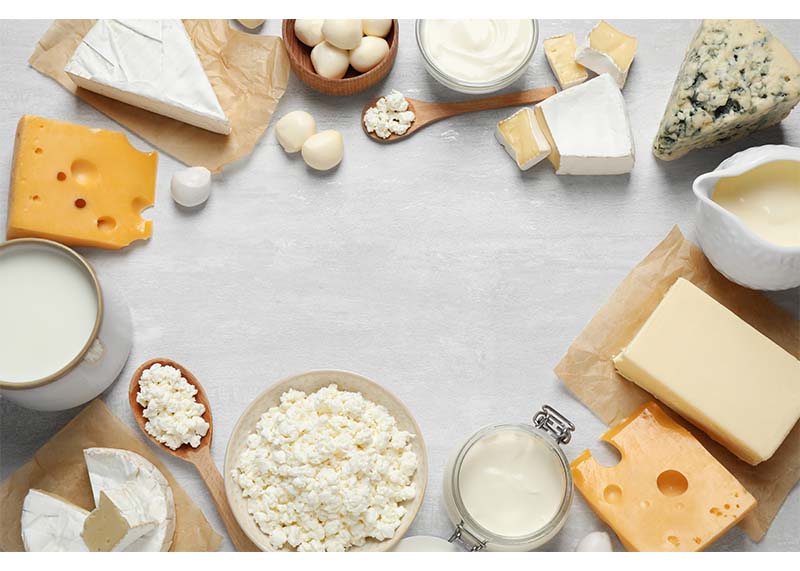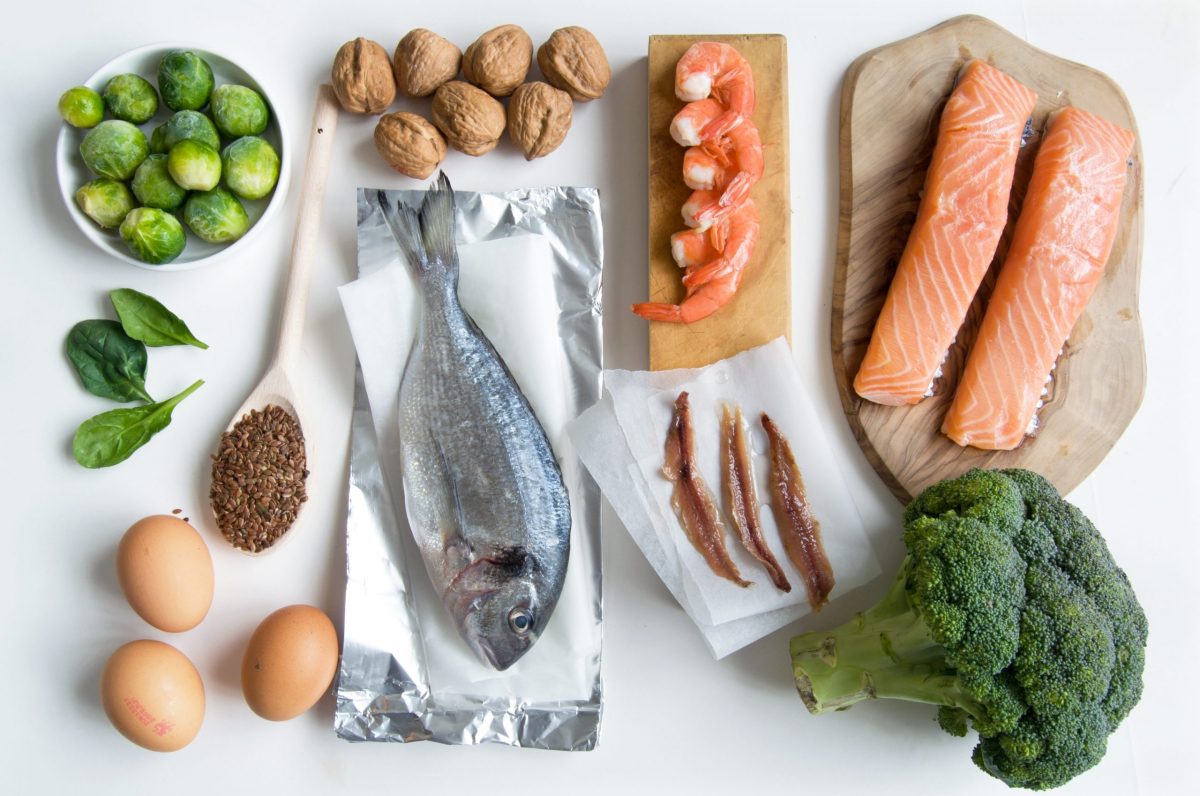We have heard a lot about COVID-19 severity, the increased severity trend starting over the age of 50, and the compounding risk with each decade. However, there have been reports of centenarians (over 100) who have successfully recovered from COVID-19.
A 102-year-old woman from Greece named Sophie Avouris recently recovered from COVID-19 despite her age and congestive heart failure.
A 104-year-old WWII veteran named Bill Lapschies also recovered from COVID-19 and did not experience any respiratory symptoms. When asked how he recovered, he responded: “I don’t know, it just went away.”
A 107-year-old artist named Marilee Shapiro Asher, who also lived through the Spanish Flu, recovered from COVID-19 after five days in the hospital without a ventilator. Marilee has practiced Tai Chi for decades and recently started yoga.
There are approximately half a million centenarians in the world. America has more than doubled its centenarian population in three decades.
How much is genetic? How much is epigenetic? What can we learn from these outliers about how to build a better immune system?
Genes: SOD2, CAT, GPX1, and APOE
Report Section: Inflammation and Antioxidant Protection and Neurotransmitters and Mental Health
Clinically Significant Genotype: SOD rs4880 (heterozygous and homozygous), CAT (heterozygous and homozygous), GPX1 (homozygous), and APOE (e3/4 or e4/e4).
Ancestral Backstory
The saying “what doesn’t kill us makes us stronger” is one of the most accurate representations of the human body’s resilience to stressors. We call this process, “hormesis.”
We are designed for toeing the line of exposure to stressors like temperature extremes, fasting, toxins, exercise, viruses, and psychological challenges to become stronger, smarter, and more resilient. When we don’t challenge our bodies, we are less equipped to handle any form of stress. When we challenge our bodies too much, we get sick. The dose obtained determines whether it is medicinal or toxic.
Evolution has equipped us to handle these physical stressors through enzymes made by the body called superoxide dismutase (SOD), catalase (CAT), and glutathione peroxidase (GPx), and nonenzymatic antioxidants produced by the body including lipoic acid, glutathione, L-arginine, and coenzyme Q10. On top of this, we ingest antioxidants from our diets to provide more protection against higher loads of inflammation.
The modern world, however, has increased this oxidative stress load and tipped the scales towards a more inflammatory state. This includes high blood sugar, chronic stress, obesity, fried vegetable oils, pollution, heavy metal toxicity, excessive chemicals, food dyes, certain medications that deplete glutathione (acid blockers, analgesics, antibiotics, antidepressants, Tylenol and antivirals), shallow breathing and less than 7 hours of sleep.
For many people, the modern way of life requires a more conscious effort to tip the scales back and bring down inflammation to improve immunity and increase the probability of a long, healthy life.
Immunity
The functional capacity of immune cells and the ability to cope with oxidative stress has been proposed as one of the significant markers of health and longevity. In both animals and humans, those who reach exceptionally old age have immune markers the same as young adults.
Glutathione is the master antioxidant system involved in oxidative stress, detoxification, and immunity. Glutathione status parallels telomerase activity, an important indicator of lifespan.
Glutathione decreases with age, and low levels of glutathione are associated with chronic exposure to chemical toxins, heavy metals and excess alcohol, immunocompromised conditions, and neurodegenerative disorders.
Research shows that people who live the longest have the best-preserved antioxidant system and highest glutathione levels. A study looked at a variety of biomarkers in old people (age 85-99), centenarians (100), semi-supercentenarians (105+), and supercentenarians (110+) and found that low inflammation was the only biomarker that predicted survival and cognitive capabilities across all age groups.
In another study looking at centenarians’ antioxidant status compared to those of healthy young (aged 25–35) and middle‐aged (aged 65–75) men and women, centenarians showed the same glutathione levels as young adults and the highest catalase activity of the three groups.
While some individuals are genetically equipped with a better antioxidant system for longevity and immune function, you can epigenetically influence these systems to work better. Let’s explore some ways to accomplish this below.
Strategies
- Breathe! It’s free and effective. Glutathione has been found to increase by 20% with deep breathing practices like Tai Chi or yoga, and it reduces the expression of genes linked to inflammatory response and stress-related pathways.
- For exercise, a combination of aerobic exercise and circuit weight training produced the highest glutathione effect.
- Repeated oxidative stress in the form of cold exposure has been found to increase glutathione peroxidase, SOD, and CAT in winter swimmers. Epidemiological studies have shown an association between winter swimming and a 40% decreased incidence of respiratory tract infections. Those with a homozygous GPX1 gene may obtain the most benefit from cold exposure (cold showers, ice baths) and increased baseline glutathione peroxidase levels.
- Glutathione requires glycine, cysteine, glutamate, and selenium. Those with a homozygous GPX1 gene may require more selenium than the wild-type and heterozygous genotype, and variants in COL1A1 for collagen may require more glycine. Check out the glycine article to see if you have a higher requirement and how to get more.
- Chicken or bone broth, herbs, and spices are some of the best dietary ways to maintain higher levels of glutathione. Some of the all-stars include cinnamon, anise, sage, and thyme due to also containing the antiviral compound caffeic acid. Spices like ginger, cumin, anise, fennel, caraway, and cardamom are all found in studies to assist catalase levels, found to be highest in centenarians.
- Reishi and cordyceps mushrooms protect against oxidative stress, improve immune function, and may influence longevity.
- The diterpenes kahweol and cafestol in unfiltered coffee – often cast as villains for raising triglycerides and LDL – have been shown to increase glutathione and inhibit NF-kb, inactivate carcinogens via the CYP-450 enzymes, and exhibit anti-inflammatory and anti-cancer activity. Caffeic acid is also found in coffee.
- The e4 carriers of APOE have been shown to be more sensitive to oxidative stress. Resveratrol in grapes, berries, and peanuts activate the anti-aging SIRT1 gene and inhibit NF-kb, making it an ideal compound for APOE-e4 carriers for brain health, longevity and immunity. APOE-e2/e3 and e3/e3 carriers can obtain the benefit from red wine.
Sources
1. https://www.cdc.gov/nchs/nvss/vsrr/covid_weekly/index.htm#AgeAndSex
2. https://www.npr.org/sections/coronavirus-live-updates/2020/05/18/857727084/102-year-old-new-york-woman-recovers-from-coronavirus
3. https://www.independent.co.uk/news/world/americas/coronavirus-world-war-veteran-us-social-distancing-party-a9441956.html
4. https://www.washingtonpost.com/local/at-107-this-artist-just-beat-covid-19-it-was-the-second-pandemic-she-survived/2020/05/07/2aba2e28-9084-11ea-a0bc-4e9ad4866d21_story.html
5. https://www.ncbi.nlm.nih.gov/pmc/articles/PMC6747192/
6. https://www.sciencedirect.com/science/article/abs/pii/S0306987703002706
7. https://pubmed.ncbi.nlm.nih.gov/30515809/
8. https://www.pnas.org/content/113/42/E6335
9. https://www.ncbi.nlm.nih.gov/pmc/articles/PMC3016073/
10. https://www.ncbi.nlm.nih.gov/pmc/articles/PMC4029955/
11. https://pubmed.ncbi.nlm.nih.gov/19093924/
12. https://pubmed.ncbi.nlm.nih.gov/17925621/
Hit your health goals faster
We'll help you remove the guesswork
Experience the most advanced nutrigenomic test available, covering 100 clinically relevant genes for a "whole body" analysis. Take control of your health today.
$359
